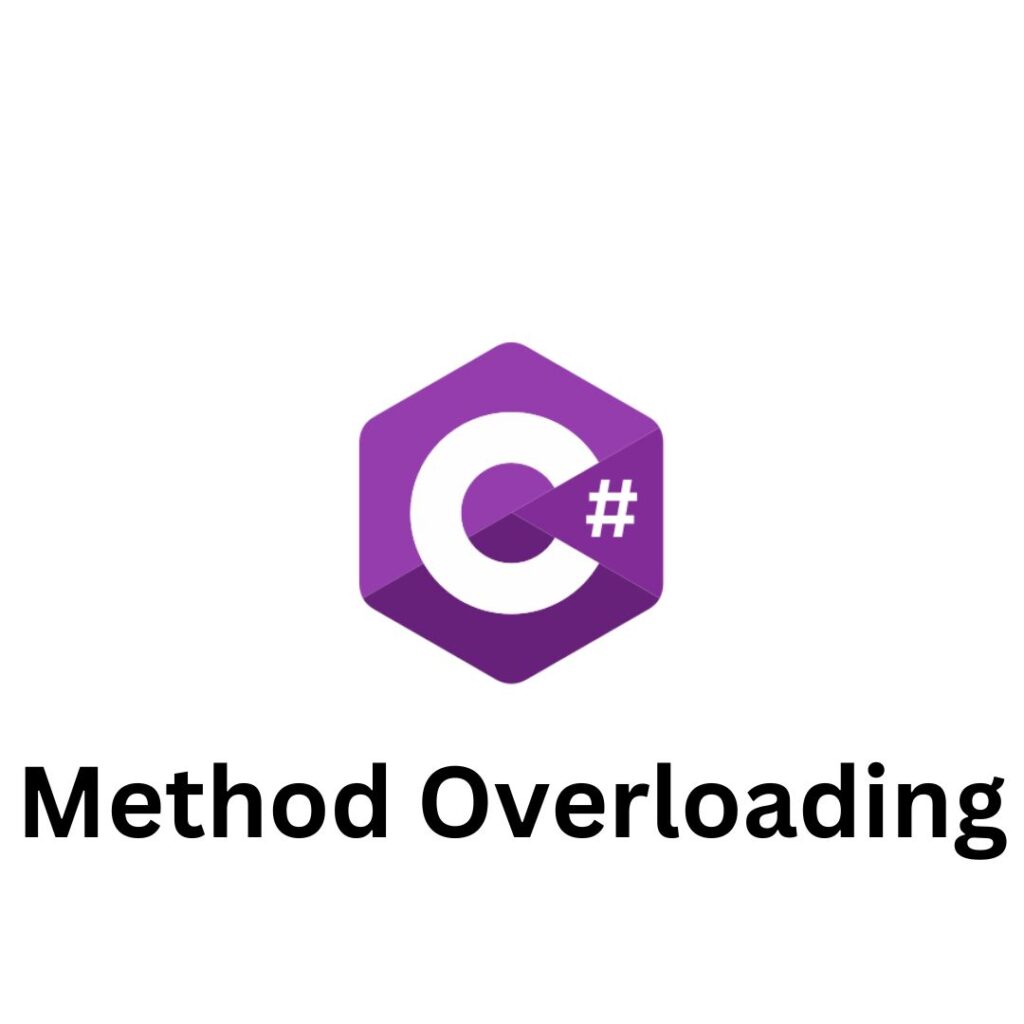Method Overloading

Method overloading is a feature in C# that allows you to define multiple methods with the same name but different parameters. Each of these methods can have a different implementation and can accept different types or numbers of parameters.
To create an overloaded method, you simply define a method with the same name as an existing method, but with different parameters. For example, consider the following code:
public class Calculator {
public int Add(int a, int b) {
return a + b;
}
public float Add(float a, float b) {
return a + b;
}
public int Add(int a, int b, int c) {
return a + b + c;
}
}
In this example, the Calculator class has three Add methods, each with a different signature. The first method takes two integers and returns their sum as an integer. The second method takes two floats and returns their sum as a float. The third method takes three integers and returns their sum as an integer.
When you call one of these methods, the compiler will choose the appropriate method to call based on the number and types of the arguments you pass in. For example:
Calculator calculator = new Calculator();
int sum1 = calculator.Add(2, 3); // calls Add(int, int) and returns 5
float sum2 = calculator.Add(2.5f, 3.5f); // calls Add(float, float) and returns 6.0f
int sum3 = calculator.Add(2, 3, 4); // calls Add(int, int, int) and returns 9
Method overloading is a powerful feature that allows you to create more expressive and intuitive APIs in your code. By providing multiple methods with the same name, you can make your code more readable and easier to use.
- Event News

